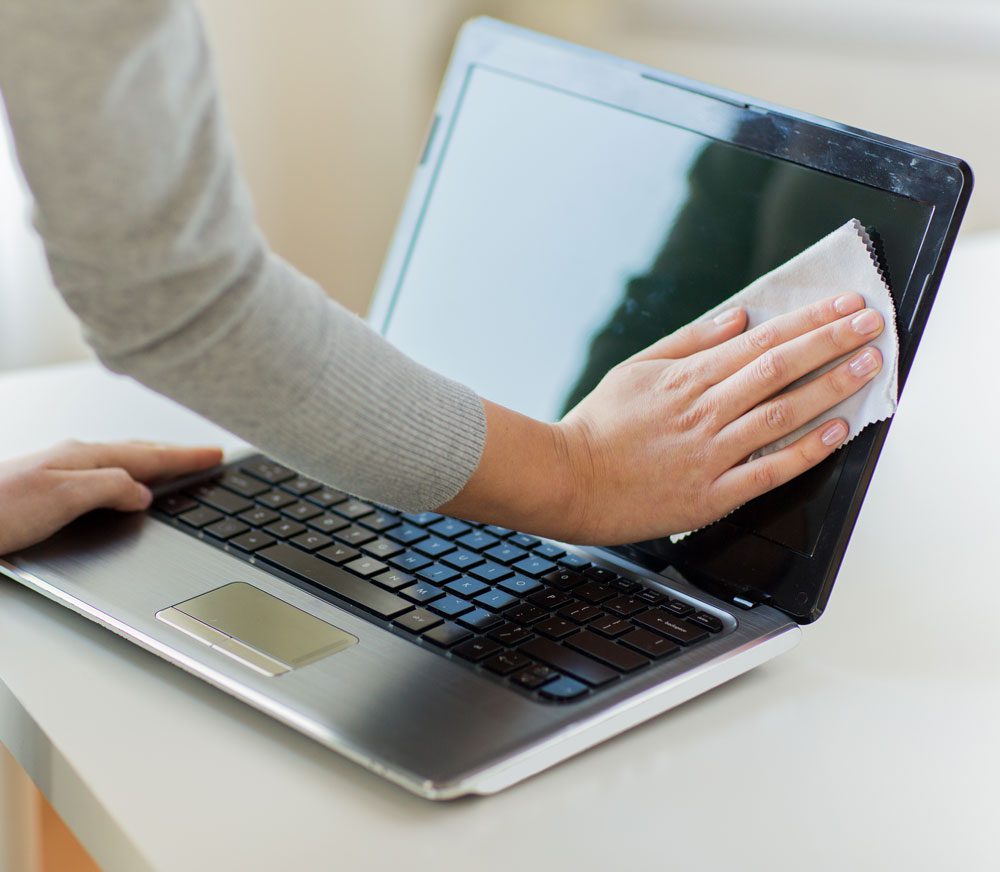Introduction
In an age where laptops are indispensable tools for work, education, and leisure, keeping your laptop in top shape is paramount. Neglecting laptop maintenance can lead to decreased performance, overheating, and even costly repairs. However, fret not, as this guide is here to help you understand the essential steps required to maintain and care for your laptop.
Why Laptop Maintenance Matters
Imagine your laptop as a well-oiled machine – with regular maintenance, it runs smoothly and efficiently. Neglect it, and you’ll soon face problems like slow performance, system crashes, and in the worst cases, complete failure. In addition to ensuring your laptop runs smoothly, proper maintenance can extend its lifespan, saving you money in the long run.
Hardware Maintenance
Cleaning Your Laptop
One of the most straightforward yet essential maintenance tasks is cleaning your laptop. Dust and dirt can accumulate in various nooks and crannies, potentially causing your laptop to overheat.
Keyboard and Screen: Use a soft brush or compressed air to remove dust and debris from the keyboard and screen. For more stubborn grime, you can use a mixture of isopropyl alcohol and water.
Ports and Vents: Clean these areas with a can of compressed air to prevent dust buildup, which can lead to overheating.
Battery Care
Proper battery care is vital to ensure your laptop remains mobile. Here are some tips to extend your battery’s life:
Calibrate Your Battery: This involves discharging your battery fully and then recharging it to recalibrate the battery’s power estimation.
Avoid Overcharging: Overcharging your laptop can reduce battery life. Unplug the charger once your laptop is fully charged.
Optimize Power Settings: Adjust your laptop’s power settings to balance performance and energy consumption.
Upgrading Hardware
Over time, your laptop’s hardware may become outdated. Upgrading components like RAM and storage can significantly boost performance.
RAM Upgrade: Adding more RAM can improve multitasking and overall performance.
SSD Upgrade: Replacing your hard drive with a solid-state drive (SSD) can make your laptop significantly faster.
Software Maintenance
Operating System Updates
Keeping your laptop’s operating system up-to-date is essential for security and performance. Set your laptop to receive automatic updates or check for updates regularly.
Antivirus and Malware Protection
Invest in a reliable antivirus software and keep it updated. Regularly scan your laptop for malware to ensure your data and personal information are safe.
Disk Cleanup
As you use your laptop, temporary files and unnecessary data accumulate. Periodically use the built-in disk cleanup tool to remove these files and free up space.
Backup Your Data
Regularly back up your important data to an external drive or a cloud-based service. This precaution can save you from potential data loss in case of a hardware failure or system crash.
Performance Optimization
Uninstall Unnecessary Software
Over time, we tend to accumulate software we no longer use. Uninstalling these programs can free up valuable storage space and improve system performance.
Manage Startup Programs
Many programs automatically start when you boot up your laptop, slowing down the startup process. Disable unnecessary startup programs to speed up boot times.
Defragment Your Hard Drive (HDD)
If you’re still using a traditional hard drive, defragmenting it can help improve performance by optimizing the arrangement of data on the disk.
Environmental Considerations
Temperature Control
Extreme temperatures can be harmful to your laptop. Avoid exposing it to direct sunlight or extremely cold environments. Additionally, invest in a laptop cooling pad to prevent overheating during prolonged use.
Dust Prevention
To prevent dust from entering your laptop, consider using a keyboard cover and a laptop sleeve when not in use.
Proper Transportation
When traveling with your laptop, use a dedicated laptop bag to protect it from physical damage.
Troubleshooting Common Issues
Slow Performance
If your laptop is running slowly, consider closing unnecessary background processes and uninstalling unused software.
Overheating
Overheating is often caused by dust accumulation or a faulty cooling system. Clean the laptop’s vents and fans regularly, and if the issue persists, consider consulting a professional.
Screen Issues
If your laptop screen displays artifacts or goes blank, it could be a graphics driver issue. Update your graphics drivers or seek assistance from a technician.
Conclusion
Your laptop is a valuable tool that deserves proper care and maintenance to ensure its longevity and reliable performance. By following these laptop care and maintenance tips, you can keep your laptop running smoothly, prevent costly repairs, and enjoy a hassle-free computing experience. Remember, a well-maintained laptop is a happy laptop!



